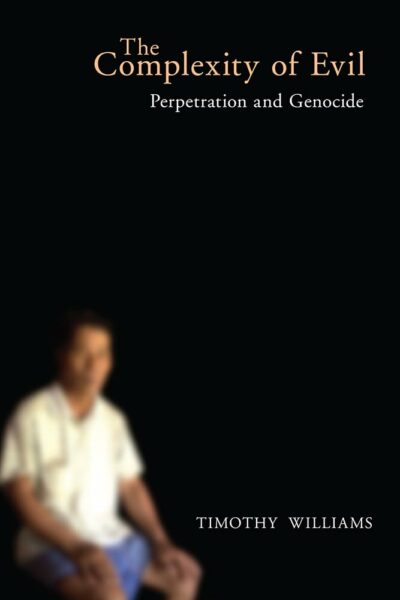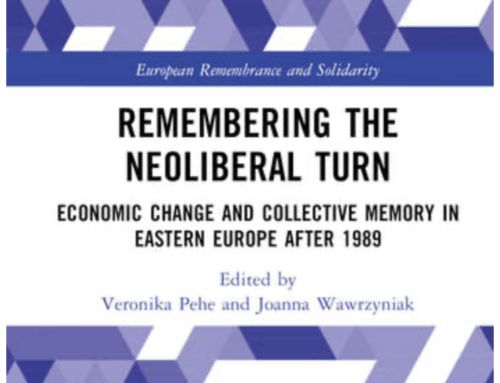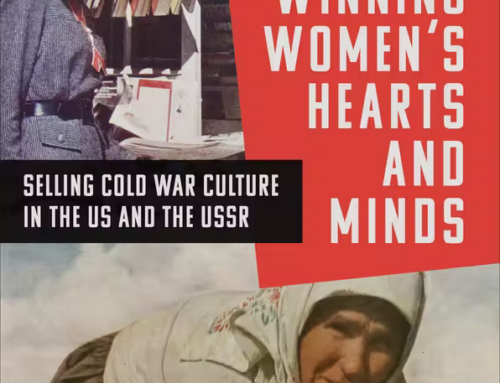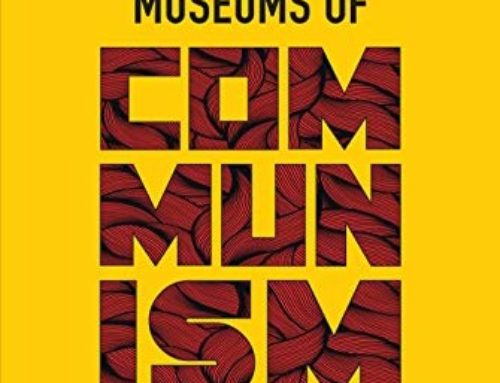 At this PoSoCoMeS seminar on 8 April 2024, Monday, 5.30 pm (CET), Timothy Williams discusses his book entitled “The Complexity of Evil. Perpetration and Genocide” (Rutgers University Press, 2020) with Jonathan Leader Maynard.
At this PoSoCoMeS seminar on 8 April 2024, Monday, 5.30 pm (CET), Timothy Williams discusses his book entitled “The Complexity of Evil. Perpetration and Genocide” (Rutgers University Press, 2020) with Jonathan Leader Maynard.
Zoom link: https://lmu-munich.zoom-x.de/j/61182078743?pwd=TEpTM1BGRGZueXkyekpTaGpvU2tMUT09
About the book
Why do people participate in genocide? The Complexity of Evil responds to this fundamental question by drawing on political science, sociology, criminology, anthropology, social psychology, and history to develop a model which can explain perpetration across various different cases. Focusing in particular on the Holocaust, the 1994 genocide against the Tutsi in Rwanda, and the Khmer Rouge genocide in Cambodia, The Complexity of Evil model draws on, systematically sorts, and causally orders a wealth of scholarly literature and supplements it with original field research data from interviews with former members of the Khmer Rouge. The model is systematic and abstract, as well as empirically grounded, providing a tool for understanding the micro-foundations of various cases of genocide. Ultimately this model highlights that the motivations for perpetrating genocide are both complex in their diversity and banal in their ordinariness and mundanity.
Timothy Williams is a Junior Professor of Insecurity and Social Order and also Chairman of the interdisciplinary research centre RISK, both at the University of the Bundeswehr Munich in Germany. Previously, he was a postdoctoral fellow at the Centre for Conflict Studies at the University of Marburg, where he also concluded his PhD in 2017 that has since been acknowledged with two awards, one by the university of Marburg, the other by the German Peace Psychologist Association. Timothy is Vice President of the International Association of Genocide Scholars, as well as a member of the executive board of the German Association for Peace and Conflict Studies. His research deals with violence, focussing on its dynamics, particularly at the micro-level, and its consequences for post-conflict societies and the politics of memory. Timothy has published in Journal of Intervention and Statebuilding, Terrorism and Political Violence, International Peacekeeping, Memory Studies, among others, has co-edited a volume on perpetrators (with Susanne Buckley-Zistel, 2018, Routledge).
Jonathan Leader Maynard is a Senior Lecturer in International Politics in the Department of Political Economy at King’s College London and a Parliamentary Academic Fellow advising the International Affairs Unit of the Parliament of the United Kingdom. His core research focuses on the role of ideology in world politics, especially in mass atrocities, armed conflict, and political extremism. His first book, Ideology and Mass Killing: The Radicalized Security Politics of Genocides and Deadly Atrocities was published by Oxford University Press in 2022. He has also co-edited the Routledge Handbook of Ideology and International Relations (Routledge, 2022). He has published in leading scholarly journals including the Journal of Peace Research, Ethics, the British Journal of Political Science, Terrorism and Political Violence, and Genocide Studies and Prevention, as well appearing in news media including the BBC, CBC, The Independent and The New Statesman.




